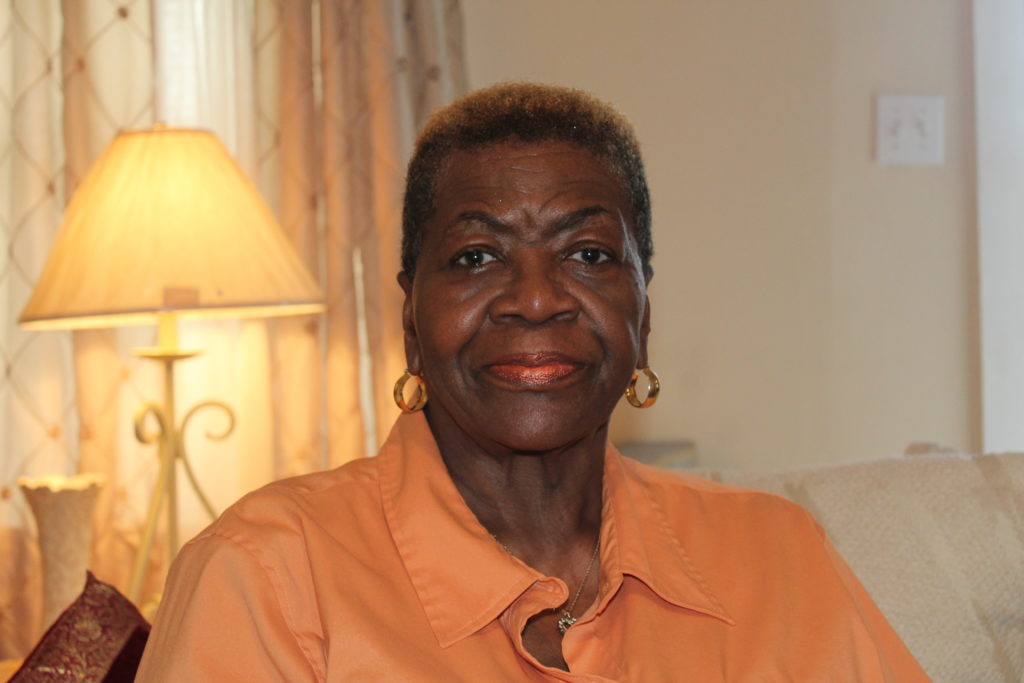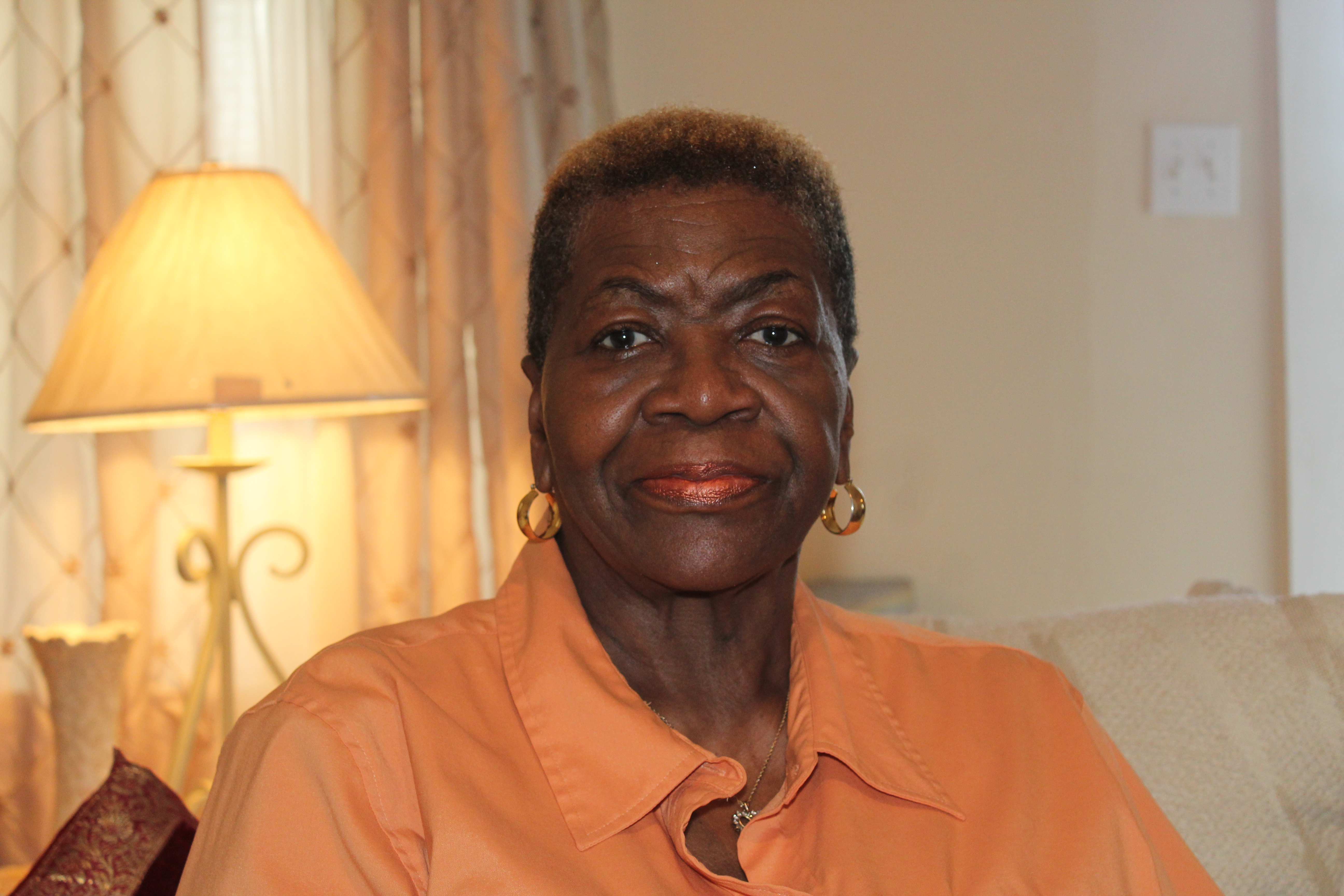By Ariel Worthy
The Birmingham Times

The recent opening of the new Pizitz food court in downtown Birmingham shows how far the city has come, but is also a reminder of the city’s past for Frances Foster White.
“Quite a bit has happened in a positive way, and there is still a lot that we have to get through. There’s a new generation of people and a lot of them are not familiar with the history and they don’t know what we went through,” White said. “Pizitz was part of that history, and people need to remember that.”
White, 72, who retired from UAB’s medical records department in 1999, remembers a time when blacks were not allowed to eat at the department store’s lunch counter; when they had to grab their food and eat out back, or in the basement, she said.
In the summer of 1960, when she just turned 15, White remembers being arrested at the store.
“Pizitz had a mezzanine where there was an eating counter. Myself and another person met at noon for lunch. We were to purchase something and go up to the mezzanine to have lunch. We sat at a booth. They didn’t serve me. An African-American lady came and cleaned the table off, and she was nervous. The manager came over and told me ‘girl you know you’re not supposed to be up here; you go on and leave’ I said ‘I’m not leaving . . . why can’t I eat in here? I’d like to order please, will you bring me a menu?’ He came back with a lady and I told her the same thing. They called Birmingham Police Department and they removed me.”
White and a group of teenagers were locked up.
“When I got down to the car, [Public Safety Commissioner] Bull Connor was waiting, and told me to get in the car. I said ‘I’m not getting in that car. I’m not wrinkling up my new dress.’ It was eight days after my birthday and I had on a brand-new dress, new shoes and a new purse,” she said. “He told me to get in the car and called me a ‘heifer’ I said ‘I’m not a heifer’ and he said ‘if you don’t get in this car, I’m going to hit you with this German Luger.’ He made somebody sit in somebody else’s lap so I could get in there.”
They all spent the night in juvenile lockup, and the next morning were bonded out by Rev. Jesse Jackson and Rev. Wyatt Tee Walker.
White lived next door to Rev. Fred Shuttlesworth and considered the civil rights icon a father.
“As kids we did it all . . . we lived across the street from Bethel Baptist Church, and every Monday night was a civil rights meeting.”
Attending those meetings made a difference, she said.
“The children of the movement went forth. We were not afraid, we did as we were told and we weren’t violent. We moved in a way that was brave. Everyone was proud of us. We let the whole world know what was going on in Birmingham, Alabama.”
The children knew what was at stake, White said.
“As we got older, we began testing things, and would try and vote, and go in movie theaters . . . we understood the cause, we understood how life was treating us black people. We had to do something to bring it to a screeching halt as best as we could. We went so our parents wouldn’t be fired from their jobs, so we participated and did what we had to do.”
White said the young protesters were well disciplined.
“When we went to mass meetings, they taught us how to act and react, how to carry ourselves, how to speak, how to dress … but be intelligent enough to stand up to them and say what we wanted to say and what we needed to say. They couldn’t stand that.”
Some of the events she witnessed as a child still makes her uneasy, she said.
“When I was a little girl, I lived on 29th avenue and the Klan would ride through the black neighborhoods . . . with their hoods on and they would talk through megaphones, and I could never understand what they were saying. My grandmother would take us and hide us in the closet. I can’t stand to hear anybody talk in a megaphone to this day.”





